Maybe you're trying to decide whether or not to build a pool in the backyard. Or, maybe you're trying to decide between renting a house with a pool or renting an apartment with a shared pool. Whatever the reason, you might want to know why a private pool is better than a public pool.
1. Public Pools are Gross
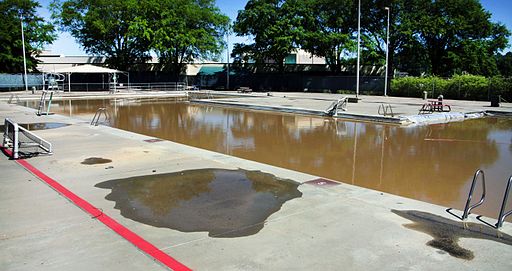
This is the first reason why private pools are better because it is the biggest reason and contributes heavily to some of the following reasons. To put it bluntly, public pools are disgusting: according the the Centers for Disease Control (CDC), the average swimmer deposits 0.14 grams of fecal matter in pool water, usually within minutes of first entering. Multiply that by how many people are going through your local community pool and, well, that's a lot of poop.
It doesn't just stop there. One in five Americans admit to peeing while in a swimming pool. How many people were at the public pool last time you were there? Yeah. That's a lot of pee.
Another gross number: about 35% of swimmers don't shower before getting in the pool. This means that they dive right in and within minutes contaminate the water with fecal matter, dead skin, loose hair, lotion, sweat ... you get the picture. The gross, disgusting picture.
In a private pool, you know exactly who and what is in the water. You can insist on clean bodies only in the pool, and by limiting the number of people diving in you control the grossness they contribute to the water.
2. Public Pools Will Get You Sick
All that poop and dead skin in the water inevitably leads to bacteria. Yes, chlorine is there to kill off germs and sanitize the water, but there's only so much it can do. Every time you mix organic contaminants into the water, they consume chlorine, leaving less chlorine to battle off the stuff deposited by the next swimmer. Get enough swimmers, like in a public setting, and there's not enough chlorine to get it all before you accidentally swallow it.
Next thing you know, you've got a recreational water illness (RWI). The CDC states that there has been an increase in RWIs in the past two decades. The most common is diarrhea, followed by gastrointestinal complaints, skin problems, ear infections, respiratory problems, eye infections,
and neurological problems.
With your own private pool, you control the cleanliness and therefore considerably decrease your chances of becoming ill from bacteria.
3. You Can't Control the Chlorine
Chlorine is good in that it disinfects, but it's bad because ... well, chlorine is just really bad for you. It was first used as a weapon during World War I, and it continues to contribute to a host of health issues, such as eczema, respiratory illnesses, and even certain cancers. Once you mix organic matter with chlorine, you get some potentially toxic chlorine by-products that have been linked to lung and skin irritation, liver and bladder cancer, allergies, and asthma.
In a private pool, you can carefully monitor and control the chlorine levels for maximum safety and hygiene. Or, you can opt for a chlorine-free system rarely seen in public pools, such as ultra filtration, ozone, or salt water.
4. Indoor Pools May Cause Lung Problems
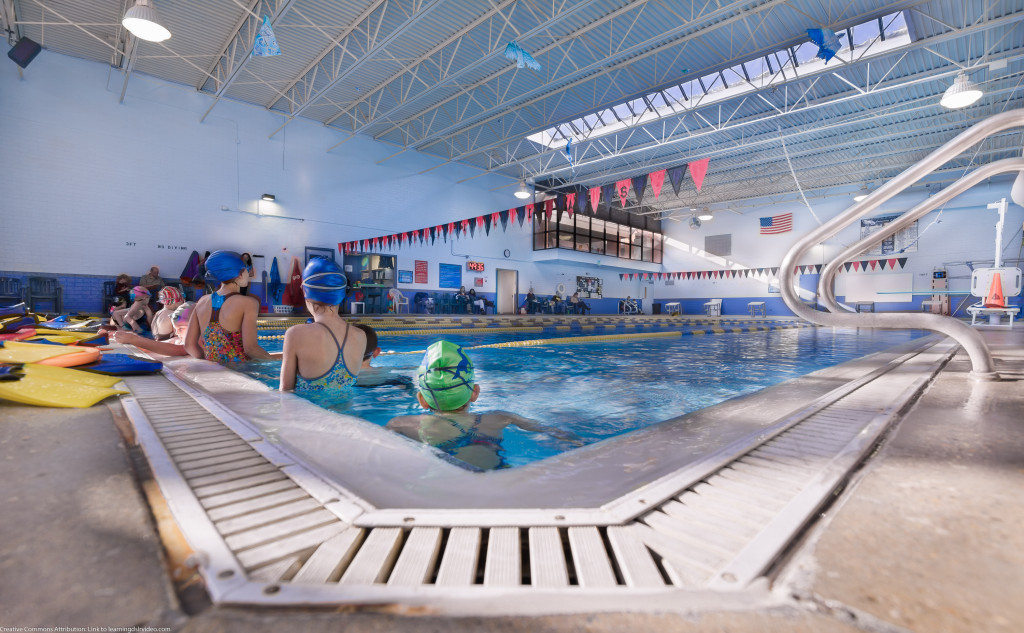
photo by Dave Dugdale via Flickr
Studies have been done that indicate that frequent swimming in indoor pools contributes to upper and lower respiratory problems such as lung congestion, sneezing, asthma, lung irritation, and other breathing difficulties. The problem is chloramine, the toxic by-product of chlorine and organic matter. The more chlorine and the more organic matter involved, the more chloramine you have. You can see the problem this can create in a public setting. Chloramines settle just above the water's surface where swimmers primarily breathe. Continued exposure affects bronchial health. There is evidence to suggest that symptoms can be worse for younger swimmers, to the point that many experts discourage parents from taking infants and toddlers to indoor swimming pools.
Among private pool owners, only the most posh tend to have their own indoor pools, so this issue tends to be isolated to indoor community pools and school pools.
5. There are Other People at Public Pools
By calling them "public" pools we're pretty much accepting that other people will be using them. All sorts of people. We would never advocate an anti-social attitude toward your fellow human, but let's face it: other people can be trying at times. Using a public pool means sharing your swim time with people who may not be as clean and well behaved as you might like. With your own private pool, you have more privacy and more control over the company you swim with.
6. Public Pools are Inconvenient
First off, they have operating hours. Feel like a night time swim? Good luck finding an open public pool. Having a pool party at Christmas? Not a chance if you plan on using a public pool. A private pool lets you swim at any time, on any day. Do a few laps before dinner. Use the pool area for 12 hours straight or for just 15 minutes. And if you have a heated pool, you can swim most or all of the year during times when public pools shut down.
Public pools often also have fees for their use. This might dissuade you from using them for just a quick swim, which means you lose out on the benefits of regular swimming.
You also have to actually leave the house to use a public pool. With your own pool, it's just out the door. This means you'll probably use it more, and that means you'll be healthier from all that aerobic exercise in poop-free water.
7. You Can Be the Host With the Most With a Private Pool
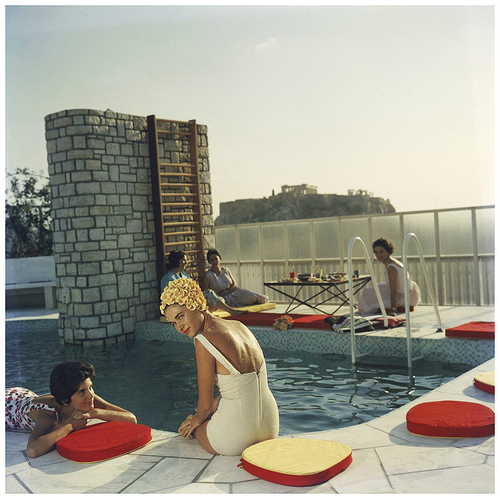
photo by 1950sUnlimited via Flickr
Some public pools have space available for parties, some don't. If they do, you still have to contend with other pool users, your guests may have to pay entrance fees to the pool, you'll have to make do with the facilities available, and you may have limitations on decorations, activities, and refreshments that are permitted.
Instead, picture yourself hosting a party beside your private pool. Only your guests are present. You can decorate any way you like, serve what you like. You can plan activities in and around the pool without worrying about any facility policies or other swimmers getting in the way. Even better: you can party into the night without worry the pool will close down and kick you and your guests out.
8. You Know Where Your Kids Are
Got kids old enough to go to the pool on their own? With a private pool, you can keep an eye on your teen and her friends as they swim safely at your home. You know exactly where they are, who they are with, and what they are doing. Better yet, you don't have to drive a van full of kids back and forth to the public swimming hole--you can just kick them out the back door.
Many public pools are terrific places--they can be a great place to get to know your neighbors, they provide a place for people to exercise and play, and they can be an oasis in the summer for people who don't have access to a pool of their own. However, if you have the means or opportunity, it's definitely worth it to choose the private pool every time.








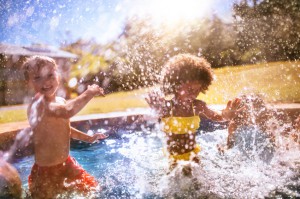
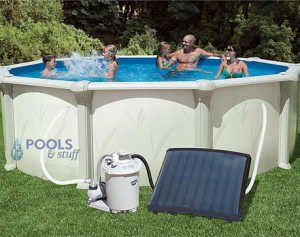
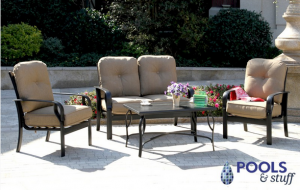
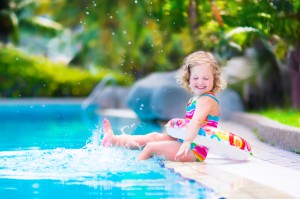

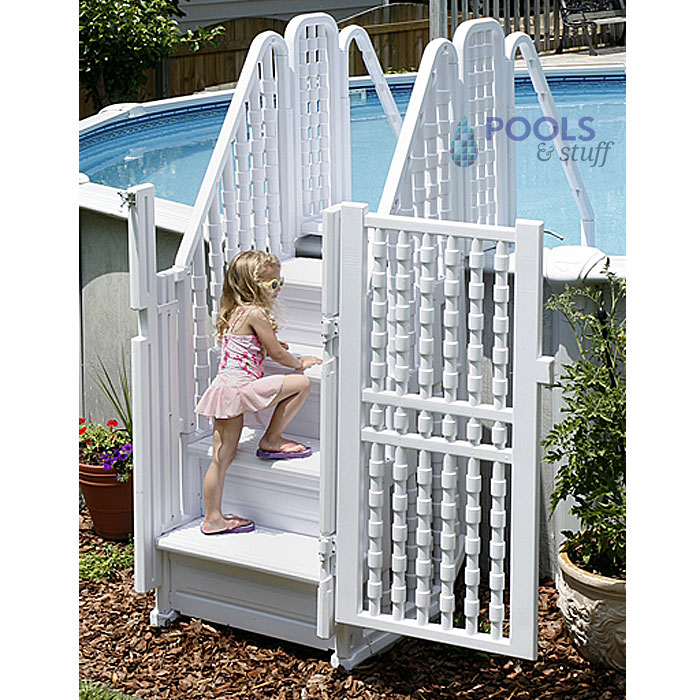
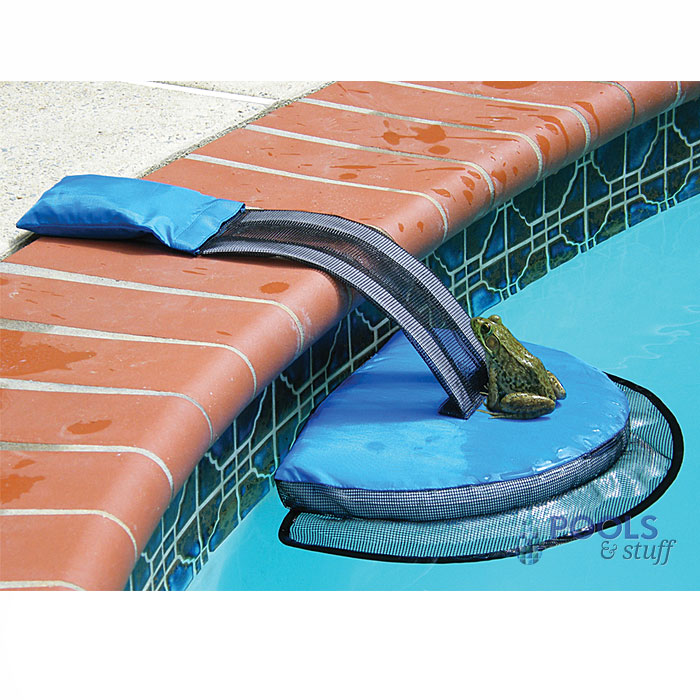



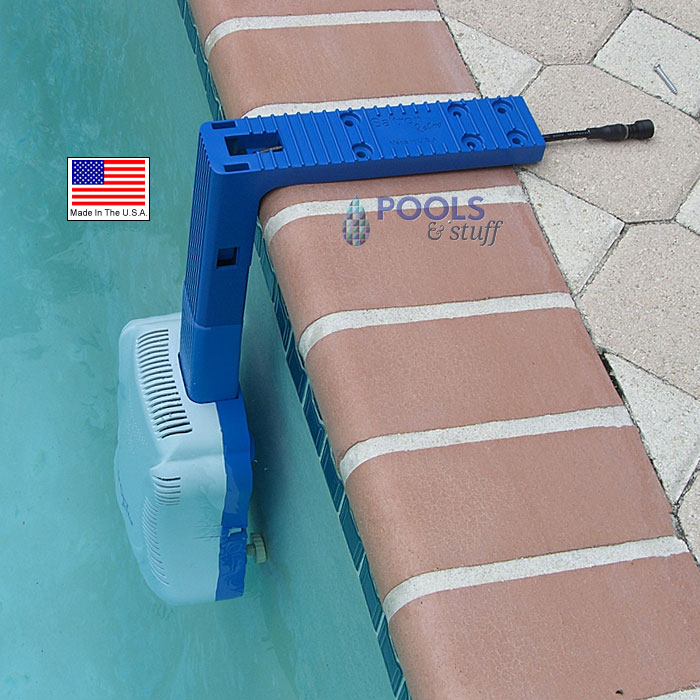





